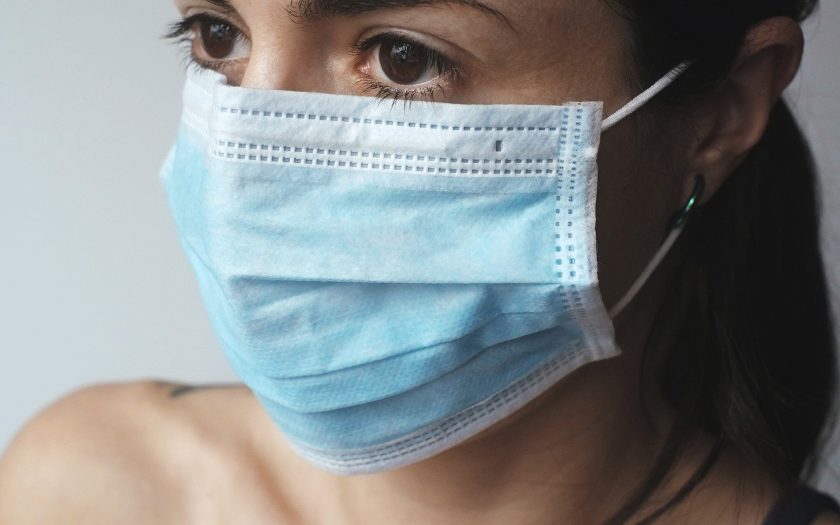Coronavirus infection is spreading rapidly throughout the planet. Due to the fear of infection, many people are already wearing face masks and respirators. In some countries, wearing a face mask has been made mandatory. On the other hand, experts often express the opinion that a mask is necessary only in certain cases. How useful is this measure?
Masks for protection against viral infection
Many people believe that wearing protective masks prevents coronavirus infection. However, such protection of the mouth and nose is not suitable for this purpose, both for the general public and surgeons from the operating room or other medical specialties. Such masks are in demand to prevent drops from entering the environment – thus, in the operating room they protect the patient. At the same time, the surgeon’s face is protected from unexpected ingress of fluids (blood, cerebrospinal fluid, etc.) during the operation.
Because the usual pharmacy mask is not close to the face, it cannot completely protect the person from a viral infection. In addition, moisture accumulates in it and for this reason the mask should be changed every two hours so that it does not pose a danger to the wearer. The same can be said of a self-sewn mask, even if it is made of breathable materials.
The so-called half masks are more suitable for filtering particles, which completely or partially consist of non-replaceable filter material. They reduce infectious aerosols in inhaled air. There are such half masks with replaceable filters.
Respirators can protect against viruses if they belong to the second or third category (ffp2 or ffp3).
How necessary is such a protective measure?
Do I need to wear a mask when leaving home? The opinions of experts on this topic are different. According to WHO, wearing a mask can create a false sense of security, which can leads to neglect of other hygiene measures, such as hand washing or distance rules. There is also insufficient evidence that wearing mask for protection mouth and nose significantly reduces the risk of infection for a healthy person who wears a mask. There are even additional risks if people wear masks incorrectly, thereby increasing the risk of infection.
Some experts have a different opinion: people can be contagious even in the absence or having moderate symptoms. Wearing a mask in these cases can help reduce the risk of virus transmission. For optimal efficiency, it is important that the mask fits snugly on the face and changes every two hours.
To protect against infection, it is recommended that you wash your hands regularly and thoroughly, cough and sneeze properly (if you already have these symptoms), and also keep yourself at least a meter away from others. These are the most effective protective measures in everyday life. Handshakes should also be avoided.

